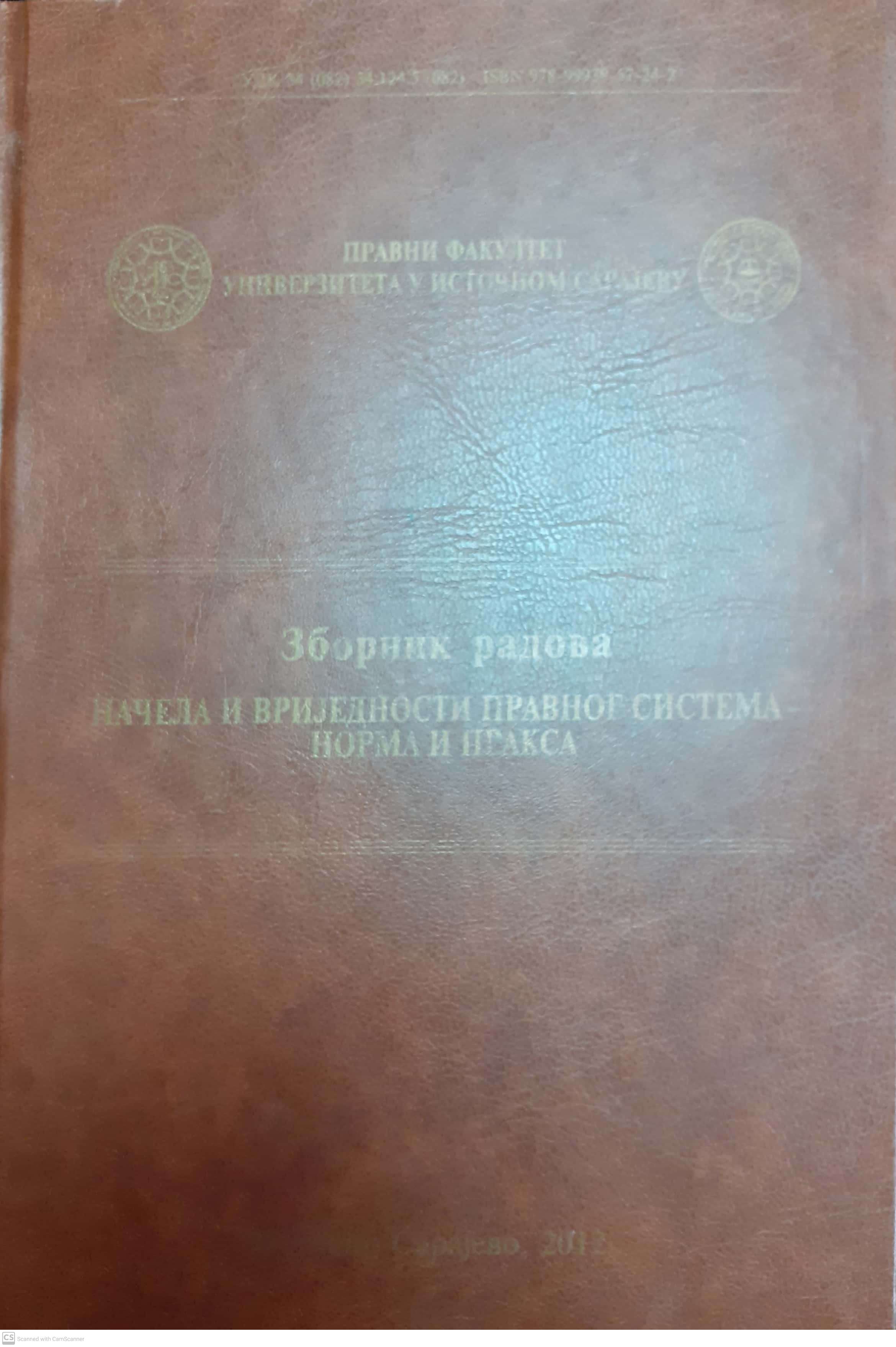Ефикасност законодавног поступка
The Efficacy of Legislative Process
Author(s): Marijana Pajvančić, Slobodan Orlović, Nataša Rajić
Subject(s): Social Sciences, Law, Constitution, Jurisprudence
Published by: Правни факултет Универзитета у Источном Сарајеву
Keywords: Legislative process;Parliamentary committees;Government;Citizens;Efficacy;
Summary/Abstract: The status of the parliament as a real political decision-making body is relativised in the modern world according to the general context of relations which exist between the political authorities in the parliamentary system. The parliamentary majority, by which is the government formed, is the same majority which adopts the government’s proposals of the bill. Exclusive position of the government as an authorized initiator and the operation of parliamentary committees don’t make the work of the parliament in plenary sessions, in effect, a central stage of the legislative process and the actual basis of decision-making process. Does it increase the efficiency of the legislative process in terms of faster and higher quality of work or does the speed of the procedure lower its quality? There is no doubt that the answer is going in the positive direction, if you look at the organizational and procedural safeguards that stand in the account of parliamentary committees and government, but the deficiencies which exist in this sense do not allow a clear and unambiguous conclusion. This paper also analyzed forms of direct participation of the citizen, as the original holders of sovereignty, in the legislative process and its effects on the efficacy of the procedure.
- Page Range: 318-329
- Page Count: 12
- Publication Year: 2011
- Language: Serbian
- Content File-PDF

